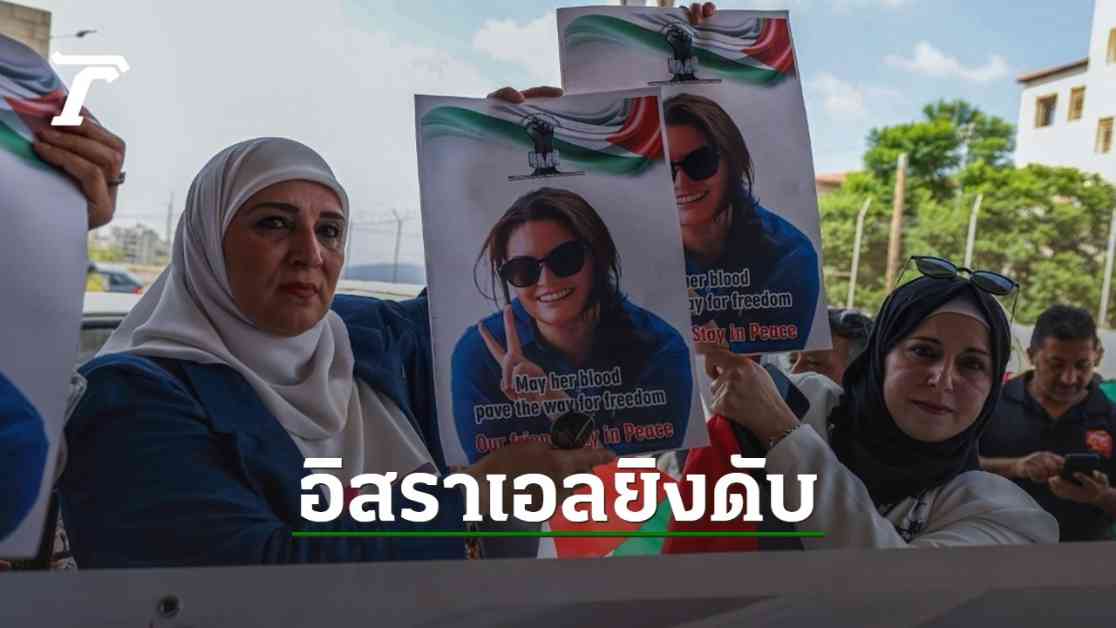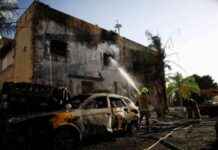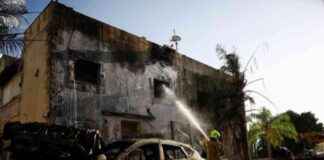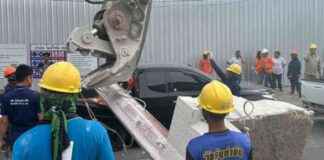Israeli Army Acknowledges Shooting American Protester in West Bank
The Israeli Defense Forces (IDF) have admitted to the tragic shooting of an American female protester, Eyasunur Ayge, in the West Bank on September 6. The incident occurred during a demonstration against the expansion of Jewish settlements in the West Bank city of Betta. While the IDF confirmed that Ayge was unintentionally shot by their forces, they emphasized that the soldiers did not aim their weapons at her. Instead, they were targeting individuals inciting unrest.
In their investigation, the IDF concluded that Ayge was likely hit by a stray bullet fired by a soldier who did not intend to harm her. The IDF expressed deep regret over Ayge’s death, despite maintaining that their actions were not directed at her. This acknowledgment comes amidst growing criticism from the United States, a key ally of Israel, regarding the handling of the investigation.
US Criticism and Call for Accountability
Secretary of State Antony Blinken voiced dissatisfaction with the IDF’s investigation, suggesting that Ayge’s killing may have occurred without provocation and lacked transparency. Blinken affirmed his support for those who witnessed the events and claimed that Ayge was peacefully protesting when she was shot. He condemned the use of lethal force against civilians engaging in peaceful demonstrations, emphasizing that no one should risk their lives to express their opinions freely.
Furthermore, Blinken called for significant changes within the Israeli military’s operations in the West Bank, including revising rules of engagement. He urged the IDF to reassess their tactics and ensure that similar incidents do not repeat in the future. The US government’s stance highlights the importance of accountability and transparency in handling such delicate situations.
Witness Accounts and Eyewitness Testimonies
Eyewitnesses who were present during the protest corroborated the peaceful nature of Ayge’s demonstration. Many asserted that while clashes occurred between Palestinian protesters and Israeli forces, Ayge was not involved in any violent acts. Witnesses refuted claims that Ayge had thrown stones or engaged in any aggressive behavior towards IDF soldiers.
Moreover, several eyewitnesses attested to the fact that Ayge was not in close proximity to the confrontations when she was shot. This raises questions about the circumstances leading to her tragic death and the IDF’s use of lethal force in response to the protest. Eyewitness testimonies provide valuable insights into the events that transpired and challenge the narrative presented by the Israeli military.
The discrepancies between witness accounts and the IDF’s official statements underscore the need for a thorough and impartial investigation into Ayge’s death. The conflicting narratives surrounding the incident warrant a comprehensive review of the IDF’s protocols and the accountability of those involved in the shooting.
International Response and Calls for Justice
Ayge’s killing has sparked outrage and condemnation from the international community, with many calling for justice and accountability. Human rights organizations have denounced the use of excessive force by the IDF and demanded a transparent investigation into the circumstances surrounding Ayge’s death.
The United Nations has also expressed concerns over the incident, urging all parties to exercise restraint and avoid escalating tensions in the region. The UN Secretary-General emphasized the need for a thorough investigation to determine the facts and hold those responsible for Ayge’s death accountable.
Additionally, Ayge’s family and supporters have called for justice and transparency in the investigation. They seek answers regarding the events leading to Ayge’s death and demand accountability for the individuals involved in the shooting. The outcry for justice underscores the importance of upholding human rights and ensuring the protection of peaceful protesters in conflict zones.
Conclusion
The shooting of Eyasunur Ayge highlights the complexities and challenges faced in conflict zones like the West Bank. The incident raises important questions about the use of lethal force against civilians and the need for accountability and transparency in such situations. As the investigation into Ayge’s death continues, it is crucial for all parties involved to cooperate and ensure a fair and impartial inquiry.
Moving forward, it is essential for the Israeli military to review its rules of engagement and tactics to prevent similar tragedies from occurring. The international community’s call for justice and accountability must be heeded, and efforts should be made to address the underlying issues that contribute to violence and unrest in the region. Only through dialogue, cooperation, and respect for human rights can lasting peace be achieved in the West Bank and beyond.




















